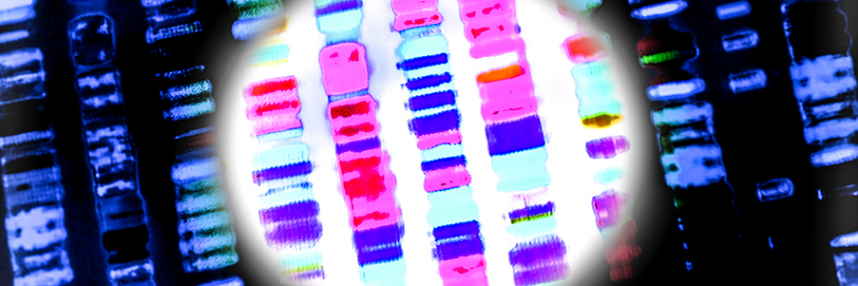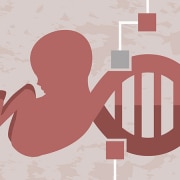The rise of consumer genetic testing
As home DNA testing kits increase in popularity, the widened range of testing prompts consideration of scientific accuracy and value
DIY ‘over the counter’ (or rather, ‘over the internet’) DNA testing is offered by many UK companies; indeed, legal restrictions in the US that prohibit the sale of health-related genetic tests directly to consumers have created heightened interest in the UK market. At the same time, the range of genetic testing products has widened, from ancestry analysis and paternity testing to forms of lifestyle and wellbeing tests.
Predicting personality – a preview of genetic destiny?
Featured in the news recently is the Children’s Discovery DNA kit, offered by numerous providers, which claims to provide information on a child’s behaviour, intelligence and sporting ability, allowing parents to make “informed decisions about what is best” for their child. This steers carefully clear of providing information of significant medical import – the most significant claim being a test for genetic risk of short-sightedness – but just how useful is such testing?
Accuracy and reliability of DIY genetic tests
Consumer genetic tests typically identify a modest number of genetic variants, from a handful to hundreds. This is much cheaper to perform and easier to understand than the fundamentally different process of whole genome sequencing, analysis and interpretation as undertaken by the 100,000 Genomes Project – more akin to forms of clinical diagnostic panel testing.
Direct-to-consumer genetic tests should have reasonable accuracy, or analytical validity, in that they actually do test for the genetic variants they claim to. Clinical (diagnostic) genetic test evaluation traditionally also considers the clinical validity of a test (how reliably the given genetic variant/s relate to the disease in question); and clinical utility (whether the test provides useful information for diagnosis, prognosis, treatment or prevention of the disease).
This is where consumer genetic testing can be a lot less reliable than NHS testing. Although there is no doubt that there is some scientific evidence in support of linking the genetic variant tested with the characteristic claimed, it may not be reliable. It could come from a single, small research study that has never been repeated or checked. In contrast, clinical geneticists are constantly refining, sharing and updating their understanding of which genetic variants are genuinely related to medical conditions. Knowledge of this kind, based on expanding data sources, is by no means infallible – as more information emerges, professional consensus evolves – but it is the most robust evidence available.
Scientific value of DIY genetic tests
Even if the link between a genetic variant and a characteristic is genuine, how useful is it? Does the children’s test really predict their future attributes? It is highly unlikely, for two fundamental reasons. The first is that most of these attributes are not determined by one or two genes, but are influenced by many different genes. The second is that characteristics are also influenced by our unique environments and personalities. Even for the most closely genetically related individuals, identical twins – they may look the same, but they do not usually have exactly the same abilities and achievements, or indeed health conditions. So the predictive value of consumer genetic testing is typically limited.
Paying for a small insight into the possible chance of your child’s future potential as dictated by a tiny subset of their genes is not necessarily harmful, as long as the results are taken in context.
–









